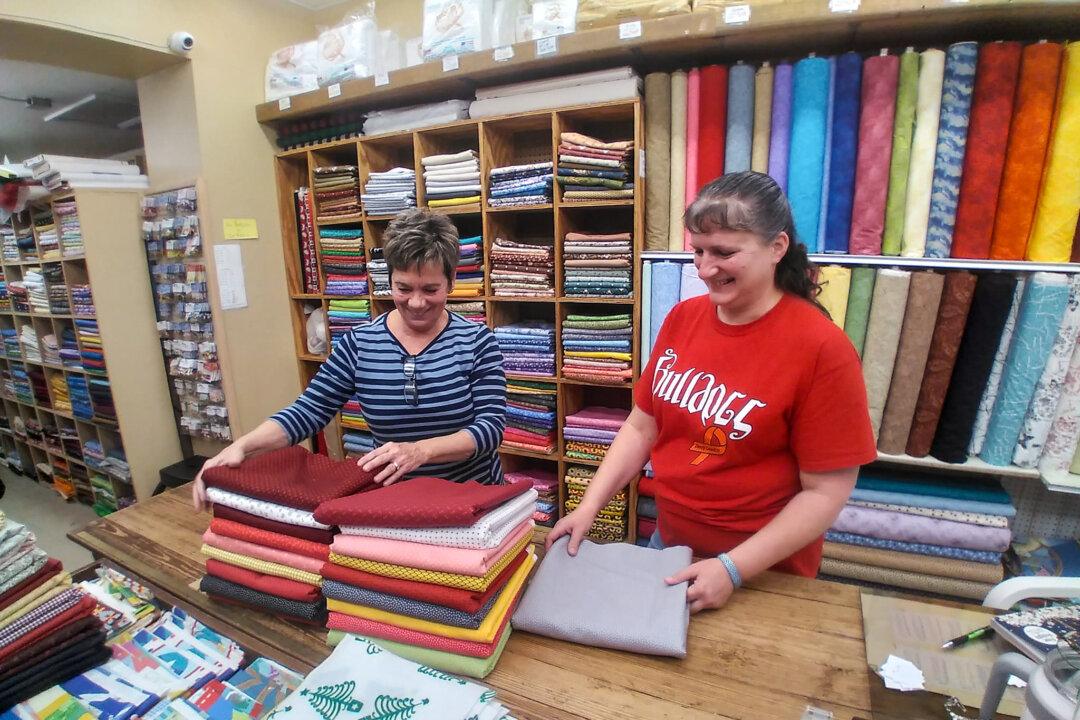Small-business owners in the United States are now more pessimistic about the future of the American economy, even though they expect revenues to increase, and inflation is their primary concern, according to the 2022 Small Business Owner survey published by the Bank of America (BoA).
The share of small-business owners who expect their local economies to improve fell to 39 percent in 2022 from 56 percent in 2021, data from the survey report (pdf) showed. Meanwhile, only 31 percent expect the national economy to improve compared to 50 percent in 2021, the lowest level since 2016.





